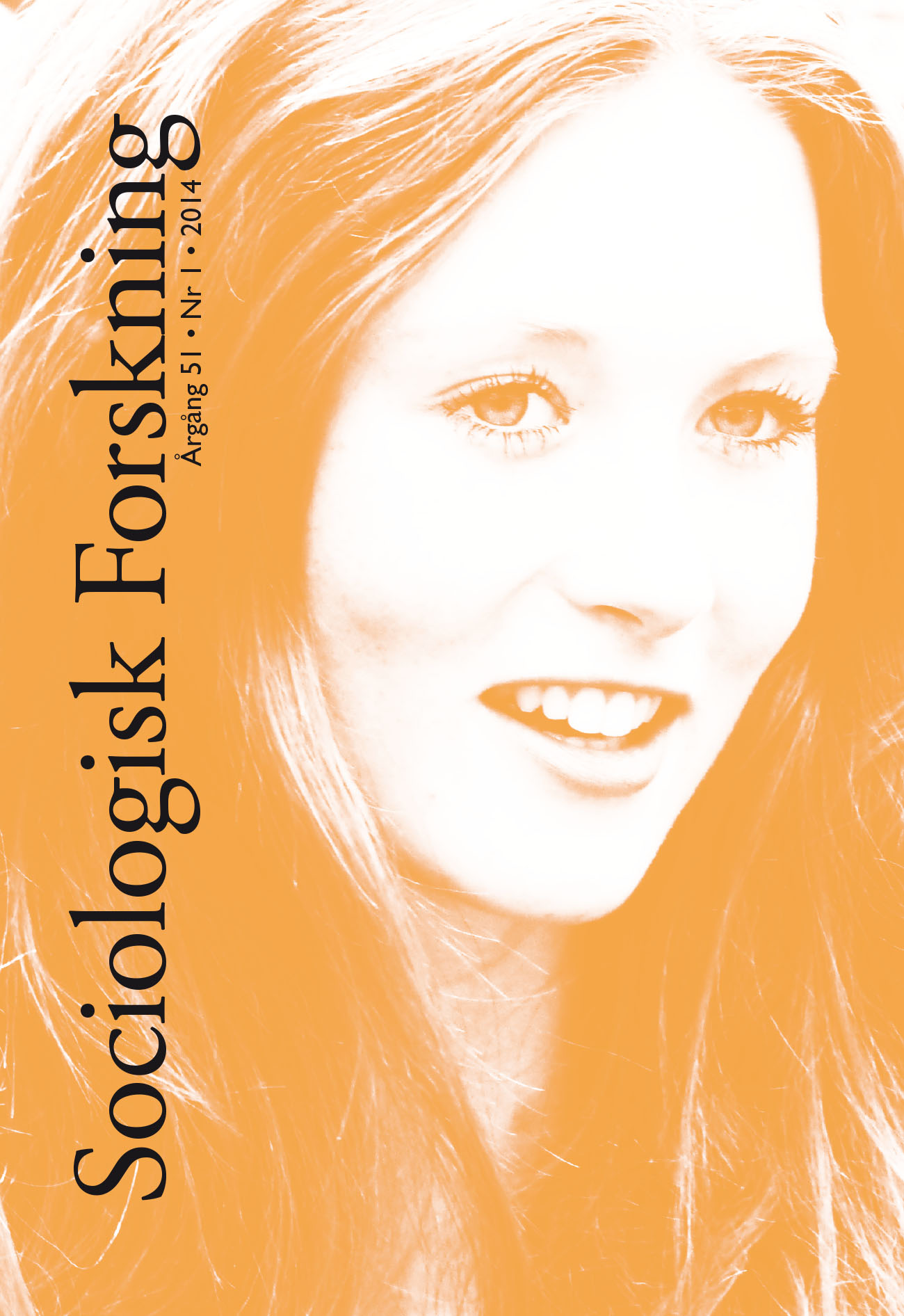Barnen och stadsrummet
relationer mellan kompetens, ålder och delaktighet
DOI:
https://doi.org/10.37062/sf.51.18306Keywords:
age, childhood, participation, spatial competence, urban spaceAbstract
Children and urban space – relations between competence, age and participation
In this paper we focus on how children and adults discuss children’s competence in urban space, and how this relates to the age of the child. Spatial competence is linked to the possibility to experience and participate in urban space. Gaining spatial competence thus requires children to be allowed to make experiences in public space. However, our research suggests that age is the organizing norm regarding who is viewed as competent enough to gain access to and participate in urban space. Firstly, spatial competence is related to age-based categories, where children and adults are viewed as homogeneous categories. Adults are viewed as spatially competent while children are viewed as non-competent. Secondly, spatial competence is related to chronological age and defined from an adult perspective which means that increased chronological age is equated with increased competence. It is shown that chronological age is the organizing norm also for how children order other children within the category of children in terms of how spatially competent they are
Downloads
Published
How to Cite
Issue
Section
License
All content in Sociologisk Forskning is published with immediate open access, under the Creative Commons license CC BY-NC-ND 4.0.
All content may be read, downloaded, shared and printed for non-commercial purposes, free and without fees. Contents may not be altered. When content is reused, author, source and a link to the copyright licence must be provided. The author retains copyright to their content. No publication fees are charged.





